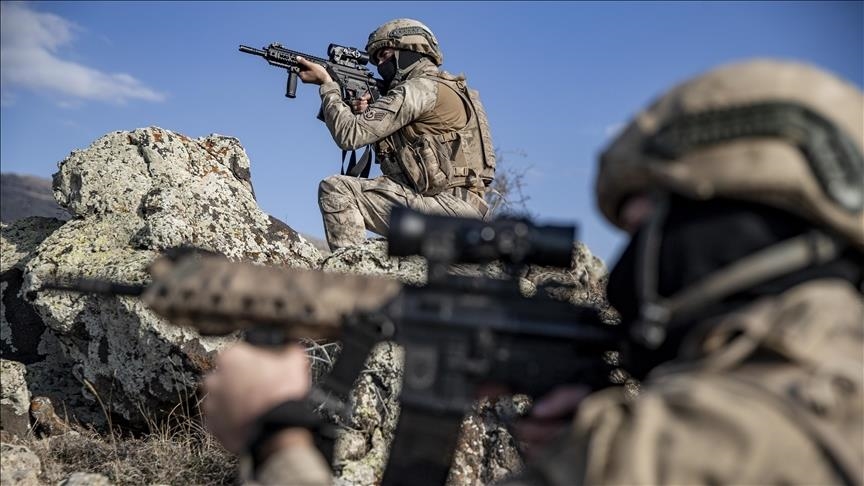Watch out for the madman!
Many would remember; the late Turgut Ozal lifted unilaterally the visa requirement for Greek citizens, despite all our objections in the Foreign Ministry, as part of his "olive branch" policy towards Greece. A leading Greek tradesman, whom I met while I was in Athens, once told me how he dared to risk his life by travelling to Turkey, which he had thought was full of dangers, despite all the warnings from his family and the myth that was then widespread, and how he had been welcomed like a hero when he had returned alive and quite well. Benefiting from this situation, Greeks have begun to travel to Turkey quite often despite objections from their government. Especially those living in areas close to the Thrace border were travelling to Turkey, which was far cheaper, for shopping. Among them there were those who were travelling to Turkey for medical treatment for their teeth, to celebrate the marriage of their children in Kesan and even to give birth.
Then, some "statesmen" in the Foreign Ministry such as the Deputy Foreign Minister overseeing relations with Turkey Kapsis were very uneasy about this situation. They were arguing that travelling to Turkey was tantamount to the selling off national causes in return for a kilogram of meat. But it was this rapprochement process that brought the two sides together in Davos and helped them overcome two utterly dangerous crises.
If I am not mistaken, a group of Greeks sitting on a bus in Laleli, Istanbul, were burned by a person who set the bus on fire. Soon, it was discovered that the saboteur was a madman who had been just discharged from a hospital in Manisa. But of course, the Greek officials and Greek press had held Turkey responsible for this tragic incident. They said, "Turks are setting us on fire alive." But Turkey could not benefit from such an event. Only one Greek newspaper pointed out this and raised the question whether Greeks could be responsible for it. Then, Greece imposed restrictions crossings on the Thrace border, allowing crossings only on a few days of the week and increasing controls.
Recently, another madman hit the former mufti of Iskece (Xanti) Mehmet Emin Aga in his house. In 1990, again a suspicious crowd attacked Turks in Gumulcine (Komotoni) and Aga was again wounded in his head after being hit by an iron baton, as a result of which he had to stay for days in hospital.
We know that there are those who are unhappy with the two sides in Cyprus coming closer to each other. Even now, they do not allow Turkish Cypriots to drive to the south on the grounds that their driving licenses are not valid. Otherwise, they say, they would recognize the Turkish Republic of Northern Cyprus (KKTC). They are also reportedly determined to punish their citizens shopping on the Turkish side by imprisonment. We should not also find it strange if Turks crossing to the other side of the border happen to come across some troubles. But what is even more dangerous would be attacks by handpicked madmen on Greek Cypriots crossing to the north.
It would be beneficial to continue on the path opened by Mr. Denktas. For instance, Turkey could grant Greek Cypriots the right to travel to Turkey without a visa. The fact that they carry passports issued by the Greek Cypriot administration would not mean that we would recognize Greek Cyprus if we allow them in. In this way, we would also test their treatment of Turks carrying KKTC passports. In the meantime, excessive exaggerations on the part of Greek Cypriots about the level of development they enjoy would also be prevented, after they see Antalya. Or will it be the world of dreams of some to collapse?



